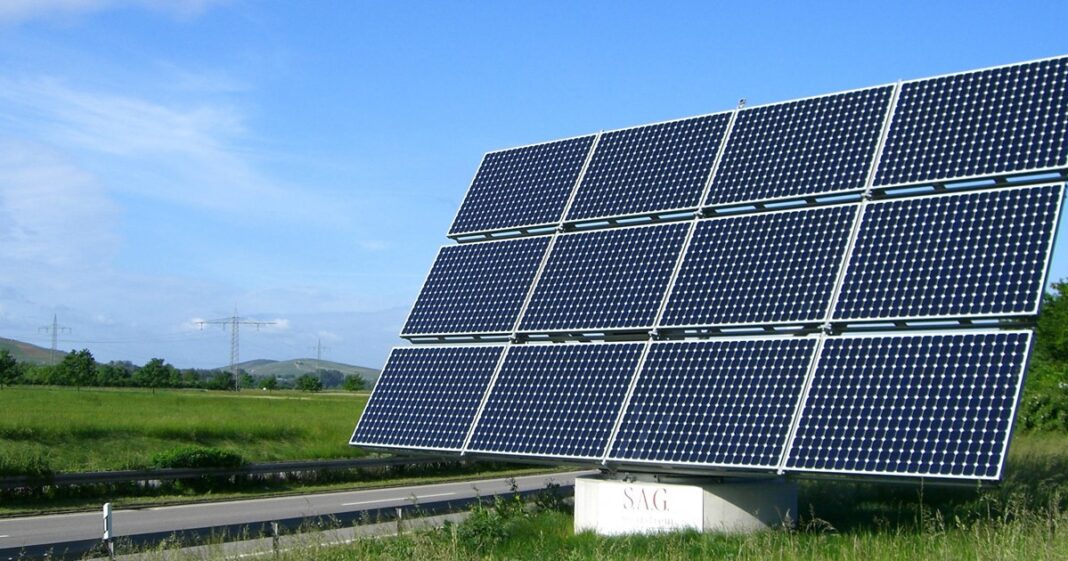Solar energy is an abundant and clean renewable resource that has gained increasing attention as a viable alternative to conventional fossil fuels. One crucial aspect of solar energy harnessing is understanding the available solar radiation at a particular location. Horizontal irradiance, which refers to the amount of solar energy received on a flat surface, plays a significant role in determining the potential of solar power generation. In this article, we explore ten innovative ideas for utilising global horizontal irradiance solar energy.
- Solar Farms: The most straightforward and widely known application of horizontal irradiance solar energy is solar farms. Vast expanses of land are equipped with solar panels to convert sunlight into electricity on a large scale. These solar farms can power entire communities and contribute significantly to the grid.
- Solar-Powered Charging Stations: With the increasing popularity of electric vehicles (EVs), solar-powered charging stations present an eco-friendly and sustainable solution. These stations can be installed along highways, in parking lots, and urban centres, providing clean energy to recharge EVs.
- Solar-Powered Desalination Plants: Many regions face water scarcity, and traditional desalination processes are energy-intensive. By coupling solar power with desalination technologies, we can create cost-effective and environmentally friendly desalination plants, ensuring access to clean water in arid areas. One way to do this is by installing solar roof in the community.
- Solar-Powered Irrigation Systems: Agriculture is a major consumer of water and energy. Solar-powered irrigation systems can help reduce the reliance on fossil fuels and minimise water usage, making farming more sustainable and economical.
- Solar-Powered Street Lights: Public lighting consumes significant energy, but solar-powered street lights can provide illumination without relying on the grid. These lights can be particularly useful in remote areas and during power outages, improving safety and security. This is where solar panels Florida companies in to help societies set up an eco-friendly space.
- Solar-Powered Wi-Fi Hotspots: In underserved or off-grid regions, solar-powered Wi-Fi hotspots can enhance connectivity, providing internet access to communities that lack reliable electricity sources.
- Solar-Powered Cold Storage: In developing countries with unreliable power grids, solar-powered cold storage facilities can preserve perishable goods, reducing food wastage and ensuring a stable food supply.
- Solar-Powered Disaster Relief and Emergency Response: During natural disasters and emergencies, power grids often get disrupted, leaving communities vulnerable and without access to electricity. Solar-powered emergency response units can be deployed to provide essential services, such as lighting, charging stations for communication devices, and medical equipment. These mobile units can act as crucial lifelines, aiding in disaster relief efforts and supporting affected communities















